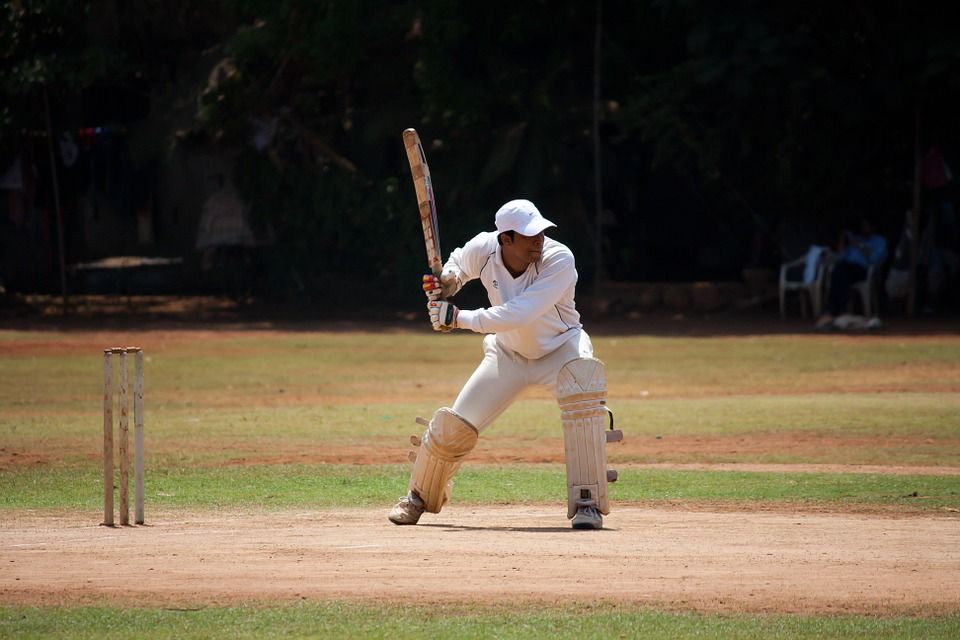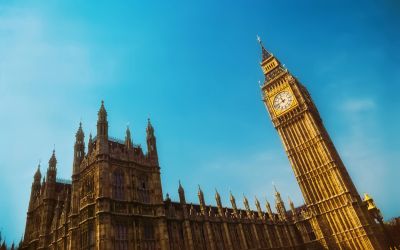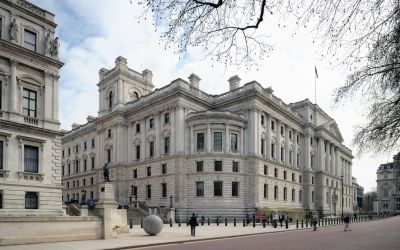EDF & Marylebone Cricket Club partner to go 100% renewable
Marylebone Cricket Club has signed an agreement with EDF Energy PLC that shifts its electricity consumption to 100 per cent renewable energy

Marylebone Cricket Club has signed an agreement with EDF Energy PLC that shifts its electricity consumption to 100 per cent renewable energy.
Marylebone Cricket Club (MCC), based at Lord’s cricket ground (dubbed England’s home of cricket) has become the first cricket ground in the country to run on 100 per cent renewable energy, coinciding with the launch of the Climate Coalition’s Show the Love Campaign.
MCC announced it has signed up to EDF’s renewables tariff after new figures compiled by the England & Wales Cricket Board (ECB) revealed the extent to which extreme weather had impacted the sport.
£3.5 million ($4.3 million) worth of damage to 57 cricket clubs was caused by Storm Desmond in December 2015.
The storm brought severe gales and heavy rainfall across Britain, causing power cuts and flooding thousands of people out of their homes.
Derek Brewer, Chief Executive and Secretary at MCC, said: "It is important that all organisations embrace sustainability and I’m very pleased that Lord’s has become the first cricket ground in the country to run on 100% renewable energy.”
The Corbridge Cricket Club in Northumberland, North England, was just one of the clubs hit by the storm and was forced to demolish its 130-year-old club house as a result of the damage.
ECB donated over £1 million ($1.2 million) to clubs affected by flooding in 2016 and has allocated an additional £1.6 million ($2 million) for 2017.
While Lord’s was not hit by Storm Desmond, it wants to utilise its platform within the sport to raise awareness of the impacts of climate change.
Lord’s redevelopment of the Warner Stand – which will be the symbol of its sustainable commitments – is nearing completion.
Solar photovoltaics (PV) panels have been integrated into the design of the stand’s roof and a new water collection and recycling system has also been incorporated.
The MCC’s sustainability programme has thus far reduced energy usage by 7 per cent in comparison to 2010 levels.
Russell Seymour, Sustainability Manager at MCC, said: “It makes a lot of sense to run any business in a more sustainable way. While the sport sector has a relatively low impact it has a huge opportunity to make more sustainable behaviour normal. Lord’s is pleased to switch to 100% renewable energy to reduce our carbon footprint and highlight the impacts of climate change on all sporting venues.”
Hear from Russell Seymour, Sustainability Manager, Marylebone Cricket Club (Lord’s) and Chairman of the BASIS (British Association for Sustainable Sport) on educating youth and sports professionals in sustainability at the Sustainable Innovation in Sport conference on the 22-23 February 2017 in Munich, Germany. For more information and to register, click here.






